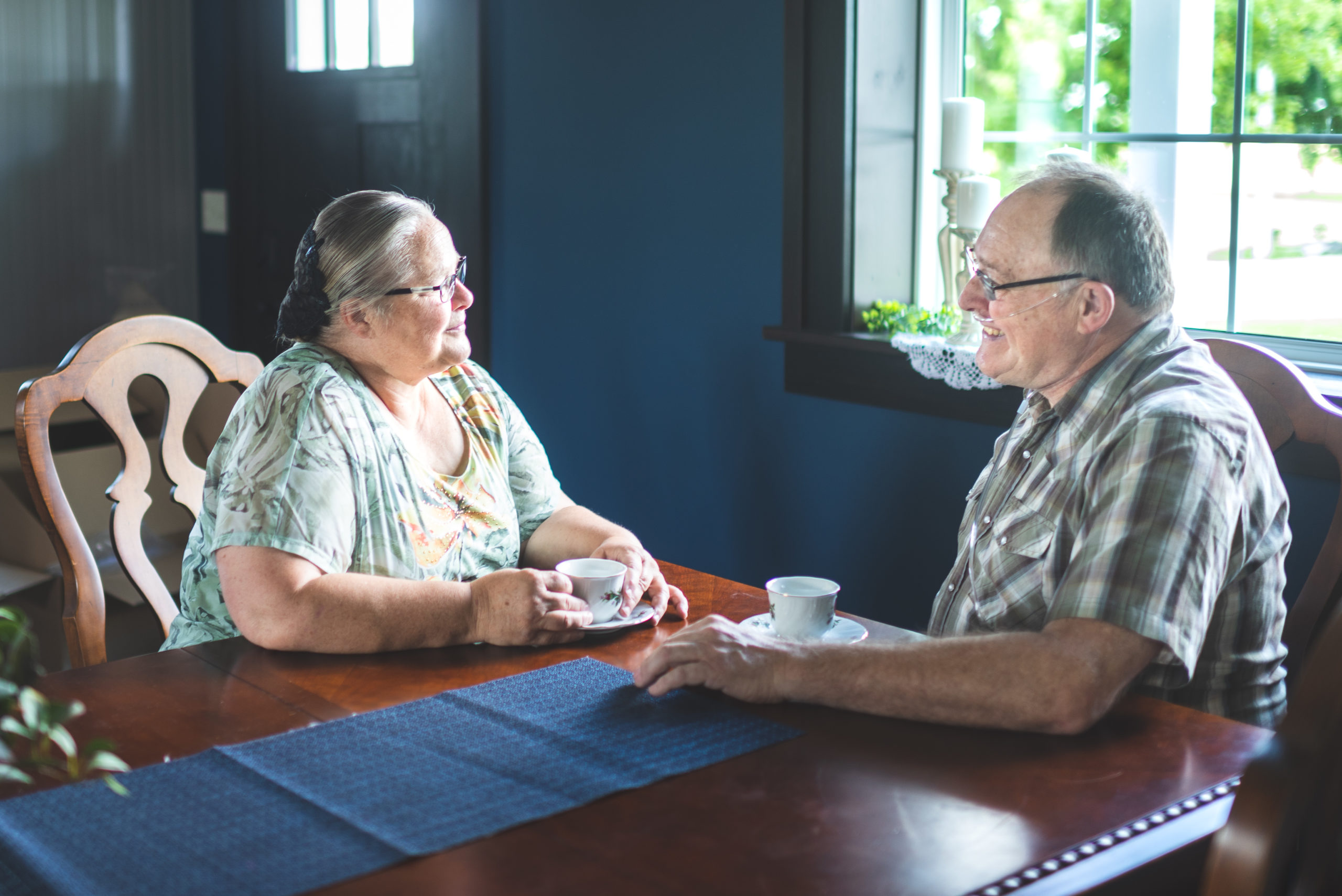Get Support When You Need It Most
Every care journey is unique to each individual and family. At Center for Hospice Care, we aim to make that journey as gentle and dignified as possible.
Every person is encouraged to pursue their interests and live life to the fullest with the support of a dedicated care team. Whether it’s our palliative care program, home health care services, adult day services, in-home hospice care, home-like inpatient communities, or grief and bereavement services, our team is here to assist you and your family.
Learn how Steve was able to continue his lifelong passion with help from Center for Hospice Care.
Download our family handbook for helpful information and forms when considering hospice care.

Support for the whole family is within reach.
Care for your loved one means caring for you too. Choosing Center for Hospice Care means families have access to 12 months of bereavement support to help you and your family navigate life after the death of a loved one.
Grief takes many different shapes and forms and lasts for different periods of time for different people. There is no linear path or singular answer to grieving.
Center for Hospice Care’s licensed counselors have helped, guided and educated thousands of grieving individuals, and we invite you to be a part of our community.
Frequently Asked Questions
Hospice care is a comfort-driven model of care focused on keeping patients comfortable and families informed. Rather than placing emphasis on curative measures, hospice care focuses on making the most of the time that each person has left with their family.
Although over 90 percent of our care is provided in a personal residence, some patients live in assisted living, nursing homes, or should the need arise, in one of our two area inpatient units – Esther’s House located on our Elkhart Campus and the Ernestine M. Raclin House located on our Mishawaka Campus.
Medicare, Medicaid and most private insurance cover all services and supplies for the hospice patient, and Center for Hospice Care does not require any Medicare co-payments.
Get in touch with our care team by filling out the contact form below or giving us a call at 574-243-3100.
Hospice care is designed for individuals who have a life-limiting diagnosis from a doctor who gives them an approximate six-month life expectancy (or less) when the condition runs its course.
Yes, hospice care is designed for whole-person care, which includes the person’s family. Families receive 12 months of bereavement support from our licensed grief counselors. We also offer several grief support programs.
Palliative care is designed for any stage of a serious illness, even while pursuing curative treatments for a condition. Hospice care, on the other hand, is built for patients who have a life-limiting condition that can’t be cured and have a prognosis of six months or less.
Coverage for palliative care services may be available under the home health benefits of Medicare, Medicaid or private insurance. If these insurance options do not apply, a self-pay program is available and is administered on a sliding fee scale. No one is ever turned away due to an inability to pay.


Admission into both of our hospice and palliative care programs is made without regard to age, gender, race, religion, disability, sexual orientation, diagnosis or ability to pay for services.
Let’s take the first step together.
Fill out the form below and a member of our care team will be in touch.
